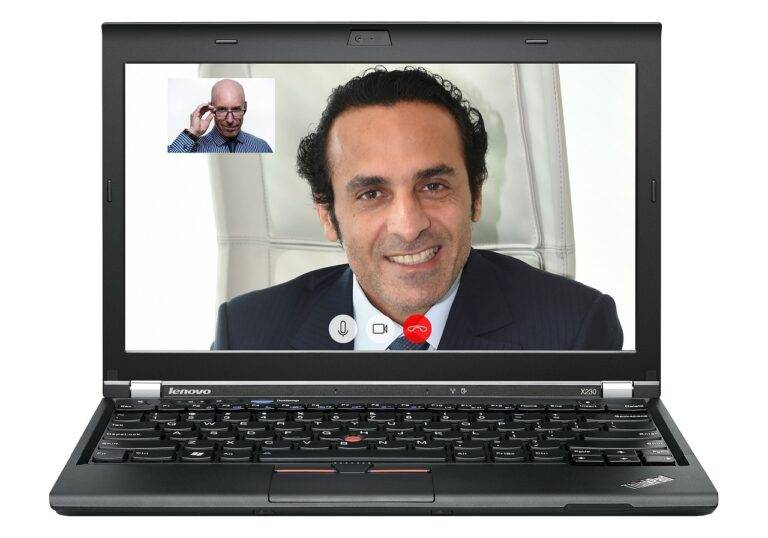The Role of Accountants in Strategic Decision Making: All panel login, Crickbet99, Lotus365
all panel login, crickbet99, Lotus365: The end of the year is fast approaching, and that means it’s time for businesses to start preparing for year-end financial reporting. This process can be overwhelming, but with the right strategies in place, you can ensure a smooth and successful year-end close. In this article, we will discuss some tips and best practices to help you prepare for year-end financial reporting.
Review Your Financial Statements
Before you dive into the year-end financial reporting process, it’s essential to review your financial statements from throughout the year. Look for any discrepancies or errors that need to be corrected before closing out the year. This will help ensure that your year-end financial reporting is accurate and in compliance with accounting standards.
Gather Financial Data
Next, gather all the necessary financial data for your year-end reporting. This includes income statements, balance sheets, cash flow statements, and any other relevant financial documents. Make sure that you have all the information you need to complete your year-end reporting accurately.
Reconcile Accounts
One crucial step in preparing for year-end financial reporting is to reconcile your accounts. This means matching your financial records with your bank statements and other external documents to ensure that everything balances. Reconciling accounts can help uncover any discrepancies or errors that may need to be addressed before closing out the year.
Review Tax Requirements
As you prepare for year-end financial reporting, it’s essential to review your tax requirements. Make sure that you are aware of any changes to tax laws or regulations that may impact your financial reporting. Consult with a tax professional if necessary to ensure that you are in compliance with all tax requirements.
Prepare Financial Statements
Once you have gathered all the necessary financial data and reconciled your accounts, it’s time to prepare your year-end financial statements. This includes creating income statements, balance sheets, and cash flow statements that accurately reflect your business’s financial position at the end of the year.
Plan for Audits
If your business is subject to audits, it’s important to plan for them as part of your year-end financial reporting process. Make sure that you have all the necessary documentation and records ready for auditors to review. This will help streamline the audit process and ensure that it goes smoothly.
Update Accounting Software
If you use accounting software to manage your financial records, make sure that it is up to date before starting your year-end financial reporting. This includes updating the software to the latest version and ensuring that all data is accurate and complete. This will help streamline the reporting process and make it easier to generate the necessary financial statements.
Communicate with Stakeholders
Finally, don’t forget to communicate with key stakeholders throughout the year-end financial reporting process. Keep investors, board members, and other stakeholders informed of your progress and any significant financial updates. Transparency is key when it comes to financial reporting.
In conclusion, preparing for year-end financial reporting can be a complex process, but with proper planning and attention to detail, you can ensure a successful year-end close. By reviewing your financial statements, gathering data, reconciling accounts, and following these other tips, you can streamline the reporting process and set your business up for success in the new year.
FAQs
Q: How far in advance should I start preparing for year-end financial reporting?
A: It’s a good idea to start preparing for year-end financial reporting several weeks in advance to ensure that you have enough time to gather all the necessary data and complete the reporting process accurately.
Q: Do I need to hire a professional accountant to help with year-end financial reporting?
A: While it’s not always necessary to hire a professional accountant, it can be helpful to consult with one, especially if you have complex financial reporting requirements or are unsure about any aspect of the reporting process.
Q: What are some common mistakes to avoid when preparing for year-end financial reporting?
A: Some common mistakes to avoid include waiting until the last minute to start preparing, failing to reconcile accounts, and overlooking tax requirements. Make sure to plan ahead and pay attention to detail to avoid these and other potential pitfalls.







